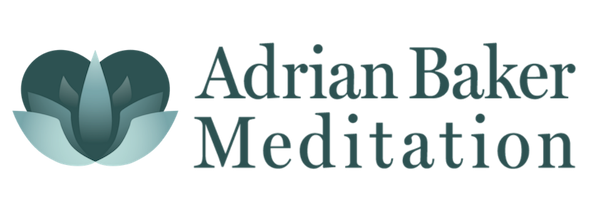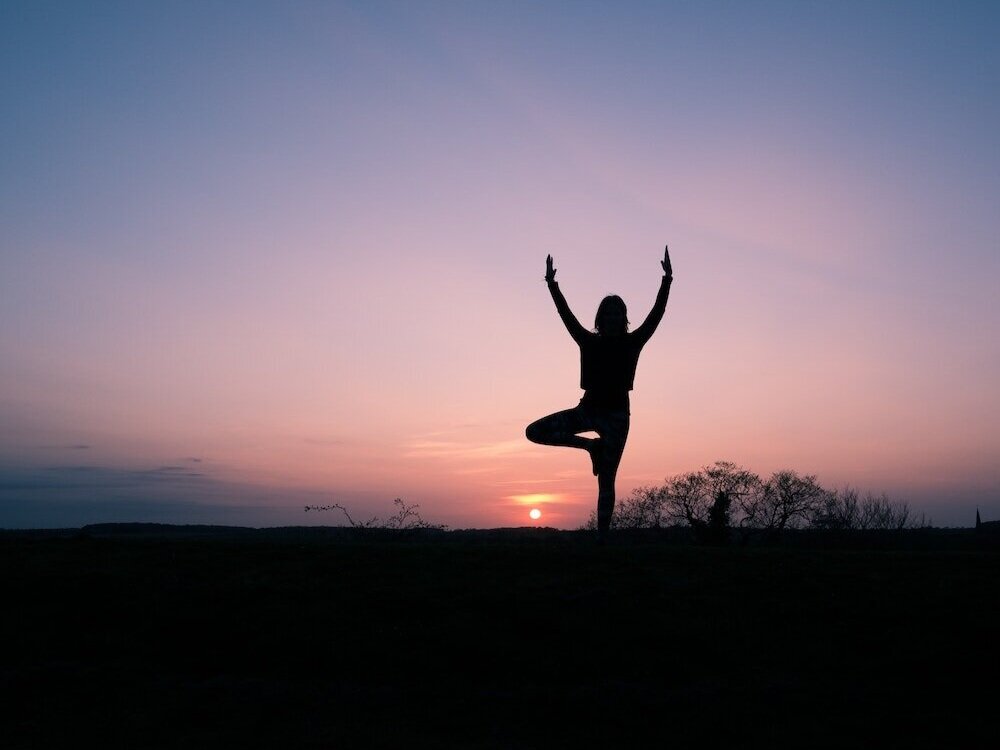Letting Go is the Hardest Thing: How Meditation Can Ease Your Need For Control
There’s one thing you spend your entire life avoiding, it impacts the biggest life decisions you make all the way down to the hundreds of mundane choices you make throughout the day, most of them unconsciously.
You’re terrified to face the one truth that is hardest to deny: you’re not in control.
You’re not in control of the natural environment, you’re not in control of other people and the opinions and judgments they have about you. On the occasions when you’re sick, you realize that, while there are absolutely things you can do to push your health in a generally more positive direction and are wise to do, ultimately the wellness of your body is mostly out of your control.
Of course, at the bottom of all of this avoidance is the thing that you least want to face: you can not control the fact that one day, at some uncertain moment in the future, you’re going to die.
Intellectually, you know it. Perhaps, at some point, you have had a poignant moment that brought you face to face with this reality: the death of a loved one, serious issues with your own health, a near death experience of some form. Perhaps working with entheogens such as psilocybin or ayahuasca. Yet even then, after a deep opening in the wake of such an experience, things usually return to your normal way of viewing things.
You most likely live your life in all sorts of ways that’s designed to keep sickness and death at a comfortable distance from you, and to surround yourself with things that evoke feelings of vitality and life. You may tell yourself that you’re not afraid of die, but chances are nearly certain that when the actual moment comes, when you’re faced with the imminent prospect of your own death, you will be utterly terrified.
You’ll be terrified not because you’re a person lacking in courage or character but simply because that’s what egos are designed to do: to scrap, claw and fight for survival at any cost. It will cling for dear life to try to perpetuate itself, just like the rest of ours will.
But there’s a more immediate and deeply unpleasant truth that meditation eventually compels you to confront: you can’t even control your own mind. The feelings and thoughts that are coming up as you read this post, you didn’t consciously will those feelings and thoughts into existence. They appeared in consciousness all on their own, and those reactions were in turn patterned by your past conditioning which was also beyond your control.
In meditation, many of us spend a lot of time trying to think we’ll eventually be able to control our mind, to get to some imaginary future point in which the mind will be totally still, we’ll be in some idyllic state, which we might call total enlightenment or boundless equanimity or something else. But this is just another subtle way in which the ego fulfills its programming: to avoid pain and grasp after pleasure, by attempting to create an alluring story and to seek refuge in this fantasy.
Personally, I found that the thing that started to bring me deeper into intimacy with life is the thing that I least wanted to do: to surrender. This showed up in my life in many different ways. Life is constantly presenting you with the curriculum that you need to awaken and a practice like meditation gives you the ability to start seeing these opportunities and making the most of them.
One way in which this awakening showed up was through a medical diagnosis.
At the age of 36, I was diagnosed with osteoporosis, a deterioration of one’s bone density. I was told conflicting things by doctors. I didn’t know what to believe. By the account of some doctors I was at risk for fracturing my spine possibly by doing simple forward bends that I had been doing for years in yoga. It threw my entire world upside down.
Psychologically, the news cut through my identity as someone who was active, healthy and relatively strong and young. In the following months I started to become more conscious about how I identified I was with my body. If I am not this body or this idea of myself as someone that is fit and healthy, then what am I?
I did meditation practices, such as RAIN, that were helpful in working with challenging emotions, such as the fear and anxiety that I struggled with as a result of this condition. I still struggle with these emotions from time to time, especially as diagnoses of my physical health come and go with news of progress or decline.
While these practices are all extremely helpful, at the core of my problem was an unwillingness to let go, to surrender. This resistance to being with what is started to reveal itself more and more, in ways both small and big. Eventually meditation invited me to face this truth—that this thing I keep calling “I,” my ego is not in control; meditation allowed me to witness and work with this truth in a relatively smaller and safer space: on the meditation cushion, by letting go of any and all attempts to control or manipulate my experience, even to direct my attention in a particular way.
I believe that focusing your attention on a particular object, like the breath or sounds or a mantra is a very powerful practice. I think it’s necessary as a beginning practice; moreover it’s an excellent practice for someone at any stage of their practice.
But the more you practice meditation the more you can allow awareness to move naturally to where it wants to go; you can begin to sense into this natural movement of awareness. I invite you to experience what it is like to completely let go of any object of your awareness whatsoever. To rest in a choiceless awareness, as it’s sometimes called.
Resting your attention on an object can create a subtle form of resistance in the body-mind. If, for example, a sound becomes particularly loud and your naturally attention wants to go towards that sound, attempting to focus it on any other object than where it wants to go subtly creates a form of resistance to your experience. In this situation, anchoring your attention on a chosen object, like feeling you have to come back to the breath, can strengthen feelings of resistance to your present experience. This feeling--this attempt to control as opposed to surrender to your present experience--is what ultimately gets in the way of meditation, which is above all an expression of Being rather than any particular technique.
Meditation is both a technique and an expression of Being. You need the former to cultivate the latter; then sometimes the latter requires the former to rebalance itself. It’s a dance, and the art of meditation is learning to become comfortable with this creative tension, to abide within this paradox.
If you have been working for awhile with resting on your attention on an object, like the breath or bodily sensations or sounds, then I invite to let go of this anchor and to rest in a choiceless awareness. In order to begin the practice it can be skillful to
Notice where in the body-mind resistance is present
Allow the resistance to be there
Open to it
Surrender to it
When you let go of the mind’s desire to grasp at, push away or otherwise control experience, you can begin to drop into a depth of stillness and ease that is available in any given moment, regardless of whether your mind is busy or not.




